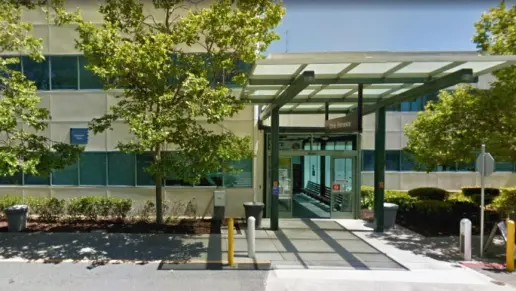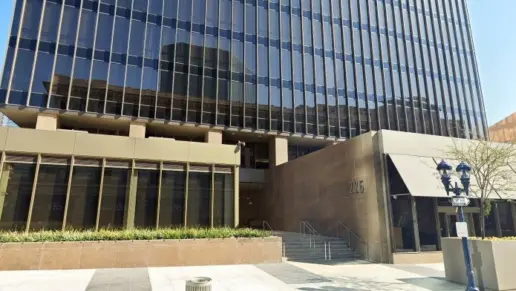About Cityteam
Cityteam offers community-based alcohol and drug rehab and mental health treatment for individuals in Oakland, California. They also provide valuable community resources, including referrals to medical and social services, transitional programs, housing assistance, and family support services.
Treatment at Cityteam begins with a mental health assessment to screen for symptoms of addiction or co-occurring mental health disorders. Other services include the following:
The residential transitional programs at Cityteam support men and women struggling with homelessness, addiction, and other challenges. The program is appropriate for adults over 18 and provides evidence-based treatment for substance abuse and co-occurring mental health conditions. The program runs for 6 to 12 months and includes recovery support groups, individual and group therapy, life skills classes, case management, career counseling, mother and baby resources, and transitional support.
Cityteam is a nonprofit organization offering low-cost, accessible services. You may be eligible for fully funded treatment or sliding scale payments. Participants may be referred to additional programs that accept insurance, such as Blue Cross Blue Shield, Aetna, United Healthcare, Cigna, Humana, and more. You’ll want to check with your insurance provider in order to verify specific coverage details, including your out-of-network benefits.
Latest Reviews
Rehab Score
Gallery
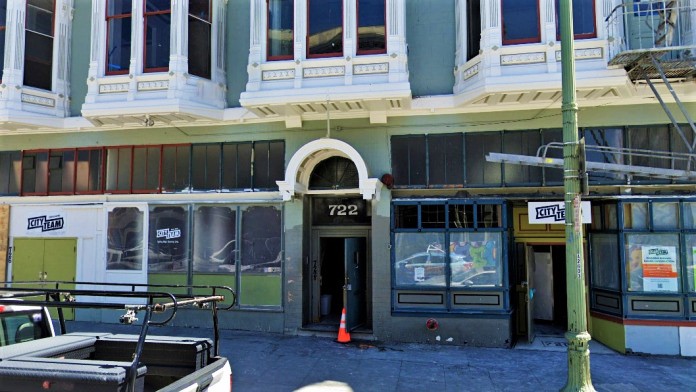
Location
Accepted Insurance
Other Forms of Payment
Addiction Treatments
Levels of Care
Treatments
The goal of treatment for alcoholism is abstinence. Those with poor social support, poor motivation, or psychiatric disorders tend to relapse within a few years of treatment. For these people, success is measured by longer periods of abstinence, reduced use of alcohol, better health, and improved social functioning. Recovery and Maintenance are usually based on 12 step programs and AA meetings.
Drug rehab in California teaches participants constructive ways to stay clean and sober. Treatment revolves around helping individuals stop using the substance they are addicted to and learn healthy habits to avoid relapse.
Opioid rehabs specialize in supporting those recovering from opioid addiction. They treat those suffering from addiction to illegal opioids like heroin, as well as prescription drugs like oxycodone. These centers typically combine both physical as well as mental and emotional support to help stop addiction. Physical support often includes medical detox and subsequent medical support (including medication), and mental support includes in-depth therapy to address the underlying causes of addiction.
Substance rehabs focus on helping individuals recover from substance abuse, including alcohol and drug addiction (both illegal and prescription drugs). They often include the opportunity to engage in both individual as well as group therapy.
Programs


Clinical Services
Whether a marriage or other committed relationship, an intimate partnership is one of the most important aspects of a person's life. Drug and alcohol addiction affects both members of a couple in deep and meaningful ways, as does rehab and recovery. Couples therapy and other couples-focused treatment programs are significant parts of exploring triggers of addiction, as well as learning how to build healthy patterns to support ongoing sobriety.
Research clearly demonstrates that recovery is far more successful and sustainable when loved ones like family members participate in rehab and substance abuse treatment. Genetic factors may be at play when it comes to drug and alcohol addiction, as well as mental health issues. Family dynamics often play a critical role in addiction triggers, and if properly educated, family members can be a strong source of support when it comes to rehabilitation.
Group therapy is any therapeutic work that happens in a group (not one-on-one). There are a number of different group therapy modalities, including support groups, experiential therapy, psycho-education, and more. Group therapy involves treatment as well as processing interaction between group members.
In individual therapy, a patient meets one-on-one with a trained psychologist or counselor. Therapy is a pivotal part of effective substance abuse treatment, as it often covers root causes of addiction, including challenges faced by the patient in their social, family, and work/school life.
Life skills trainings involve all the skills a person must have in order to function successfully in the world. These include time management, career guidance, money management, and effective communication. Truly successful addiction recovery is based on the ability to not only live substance-free, but to thrive. Life skills teaches the practical necessities of functioning in society, which sets clients up for success in life, and therefore sobriety.
Staff
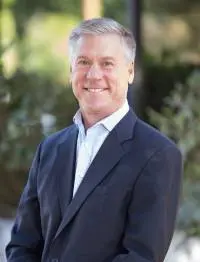
President
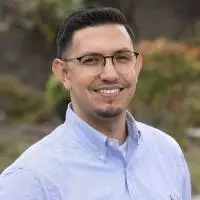
CityTeam Oakland Executive Director
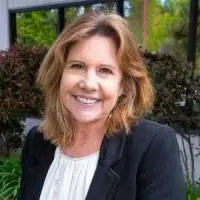
CFO
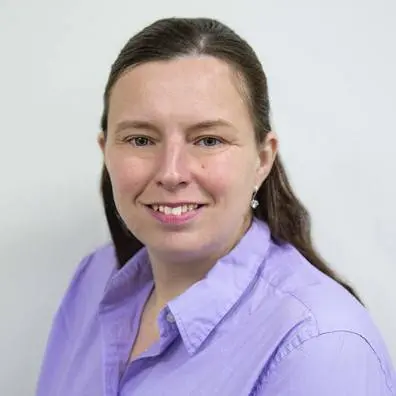
Director of Human Resources
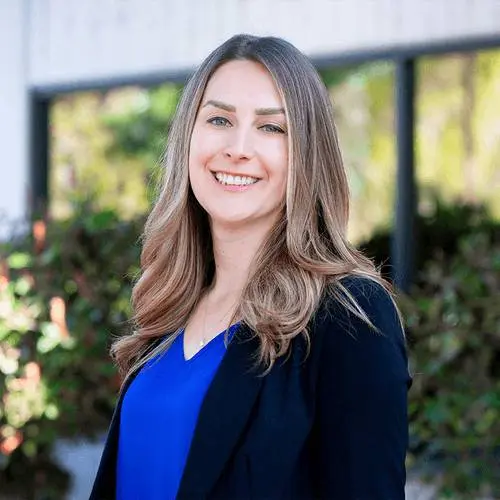
VP of Marketing and Development
Contact Information
722 Washington St.
Oakland, CA 94607





